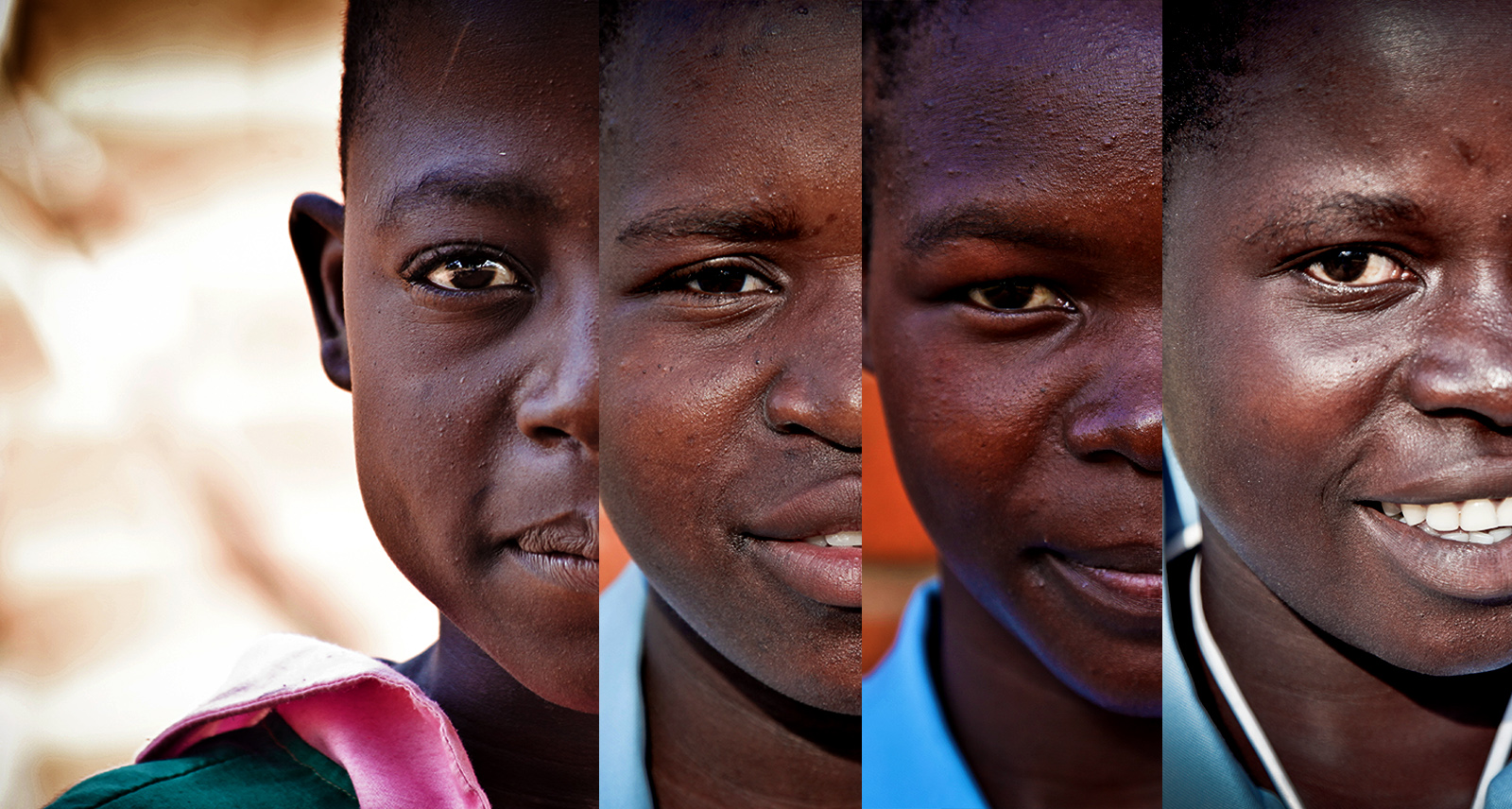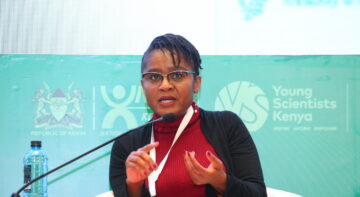Blogs

The 14th of February 2017 was the perfect Valentine’s day for girls in Malawi. The country made a historic amendment to the Constitution to fully outlaw child marriage following a year-long campaign by youth groups and various civil society organisations. The amendment to fully outlaw child marriage in Malawi was voted through by the country’s parliamentarians 131 to 2, in favour of removing a legal ambiguity, which has allowed children between the ages of 15 and 18 years to marry with parental consent.
Malawi’s population is largely youthful, with 80% of its population aged below 35 years and 52% aged below 18 years. This youth population below the age of 18 is projected to increase to 11.6 million by 2025 and to 13.6 million by 2030 from 8.8 million in 2016, as projected by the Malawi National Statistical Office. This will be the largest cohort of adolescents and young people to ever enter the productive and reproductive ages. According to UNICEF’s 2016 State of the World’s Children, Malawi has the 11th highest child marriage rates in the world, with nearly 1 in 2 girls married before the age of 18 years. In essence, the practice was technically already prohibited by law, having been banned in 2015 with the Marriage, Divorce and Family Relations Law, which increased the minimum age of marriage from 15 to 18. But in spite of this important step, the Constitution contained a legal loophole that still allowed children between 15 and 18 to marry with parental consent.
In Malawi, child marriage occurs more frequently among young girls living in rural areas, who are also often poor, and the least educated. Unfortunately, child marriage contributes significantly to reproductive health problems, high rates of school drop-outs and it is an outright denial of personal growth, empowerment and development; child marriage therefore perpetuates poverty. Child marriages also contributes to high levels of mental and emotional stress owing to the fact that children are not mentally, physically and psychologically prepared to deal with responsibilities that come with marriage, including child-bearing and relations with in-laws. Worse still, as they are not fully matured, they are predisposed to high probabilities of being sexually, mentally and physically abused. In most cases, they neither have the ability nor the platform to voice their grievances.
Accordingly, raising the age at marriage is an important step in making sure that Malawi is compliant with regional and international standards while at the same time conferring young people sufficient legal protection against early and forced marriages. The country stands to gain more by reducing early and forced marriages. A reduction in early marriage will enable girls to stay in school longer, complete their education, and eventually find or create decent employment, hence contributing to meaningful development of the country. Relatedly, reduced early marriage will contribute to reduced early pregnancies and fewer births, and ultimately reduced maternal deaths. Moreover, with more girls getting higher levels of education, there will be increased demand for contraception, which will ultimately contribute to reduced fertility rate. Finally, more educated mothers will likely have and raise healthier and more educated children. With all these potential gains, eradicating child, early and forced marriages is not only the right thing to do, it is an economically practical decision for Malawi.
Ushering young people into a healthy and productive adulthood through the right investments and legal frameworks is critical for the social economic development of Malawi and the country’s ability to achieve demographic dividend and Sustainable Development Goals (SDGs). Nevertheless, the country cannot afford to sit back and relax. There is still much more that needs to be done, especially in dealing with the drivers of early marriage and the barriers to implementing the legal instrument. A key challenge to reducing child marriage in Malawi is entrenched attitudes and cultures that accept the practice. High rates of poverty and gender inequalities have been documented to be important causes of early marriages. Time and again, in rural areas, girls get married off very young to improve a family’s financial status through dowry and the anticipated support from a son-in-law. More often, daughters are seen as a burden and parents would rather marry them off, to avoid the cost of fending for them. In some instances, in northern Malawi, giving away a young daughter in marriage as repayment for a debt (kupimbira) is still practiced. Also, the common perception that girls are often unable to get a good education, a good job and earn a living like their male counterparts, fuels and sustains early marriages for girls.
Another challenge that needs to be addressed besides the cultural practices and societal perceptions to enable effective enforcement of the new law is the lack of consistent civil registration and vital statistics system and national identities. This begs the question: how does one identify a person as being under age, in the absence of such documents? Raising the legal age at marriage is a commendable step in the right direction, but it is the onus of government, communities and all stakeholders to put in place stringent mechanisms that will guarantee the execution and effective enforcement of this and other important legal instruments.
Related Posts




